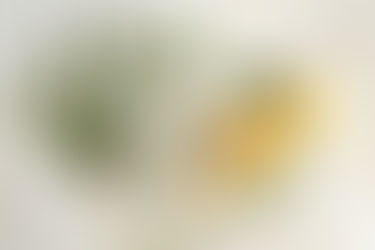Turning to Jewish Ritual Even In our Secular Lives
- cgoussak

- Jun 5, 2023
- 2 min read
The Yom Kippur war in Israel began on October 6, 1973 on Yom Kippur day. It was a watershed moment in Israeli history, politically, militarily, culturally and religiously. Its impact continues to be felt in all these categories throughout the State of Israel.
Kibbutz Bet HaShita, a small secular kibbutz in Northern Israel was said to have experienced one of the biggest impacts. Earlier on in the war they lost eleven young men to the war. They refer to it as a lost generation. For many years, the family and friends of the eleven soldiers killed in battle struggled to come to terms with the enormity of the loss. They designed a memorial service that they held every Yom Kippur after 1973. Over the years the ceremony goes through a series of changes, but always remains deeply secular in nature, despite being held on Yom Kippur.
Israeli composer Yair Roseblum went to live on the kibbutz in 1990 and was moved by the ceremony that the Kibbutzniks had created to commemorate the loss. He wanted to contribute something to these ceremonies and chose to write a new melody for something from the traditional Yom Kippur liturgy, the “Unetaneh Tokef,“ Who shall live, Who shall die,”
A documentary was produced that followed Rosenblum through his writing process and the reactions of the secular kibbutzniks to infusing traditional Jewish liturgy into their secular Yom Kippur memorial service.
We will be screening the documentary on Saturday evening September 22nd at 7:30, preceding our Selichot service. We will delve into a discussion of how we can use Jewish tradition and liturgy to give holiness and sanctity into the important secular moments of our lives.
I invite you all to join the Cantor and I as we ready for the days of reflection ahead.
Shabbat Shalom

Rabbi Bradley Tecktiel has been Midbar Kodesh Temple's spiritual leader since August 2008. Rabbi Tecktiel was ordained at the Jewish Theological Seminary of America in May of 1996. He holds two Bachelor of Arts degrees, one from List College and one from Columbia University. He also holds a Masters of Arts from the Jewish Theological Seminary.
You can follow him on Twitter @RabbiMKT.





















Comments